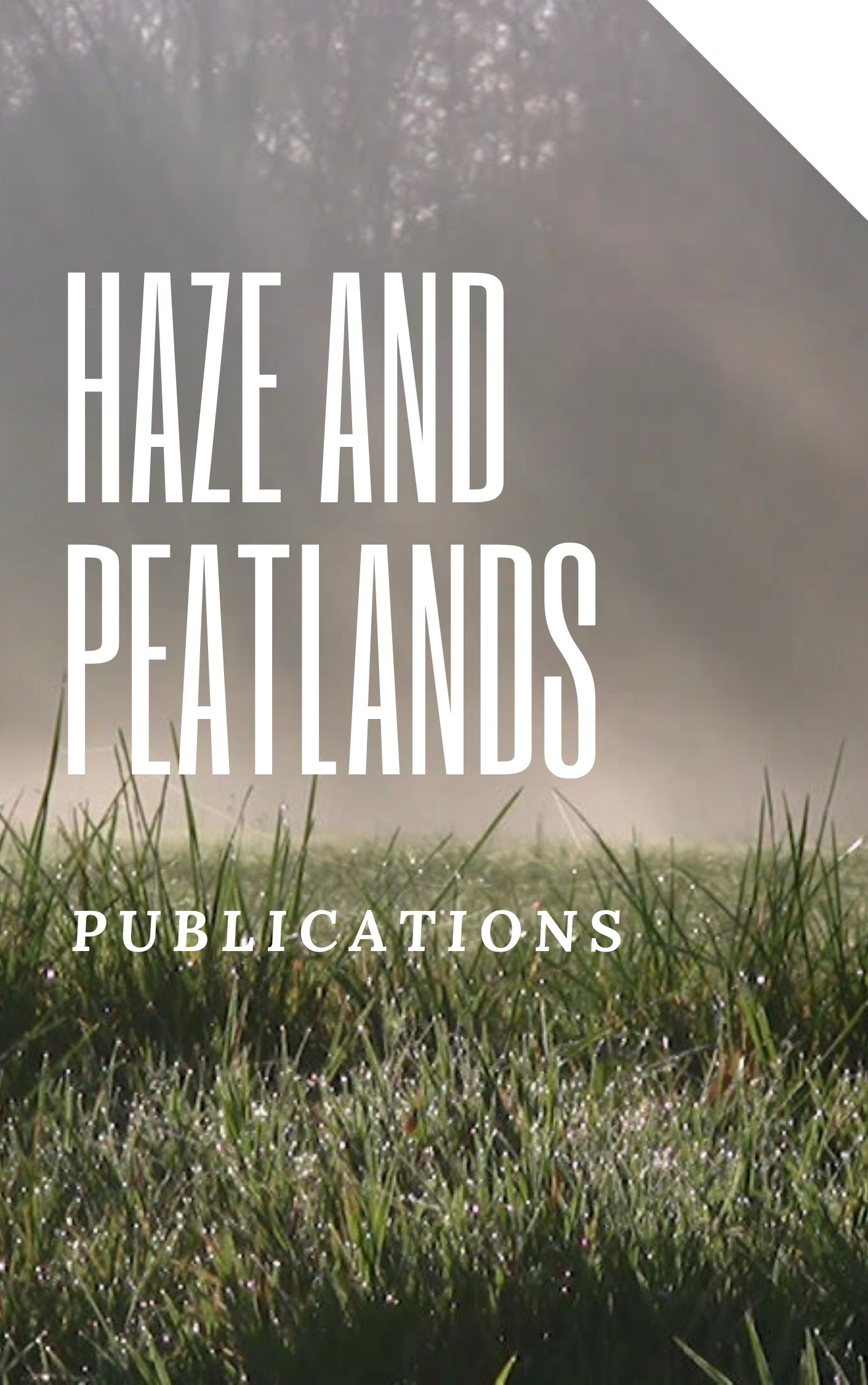Peatland areas are currently experiencing rapid land use/land cover changes in insular Southeast Asia. In this case study we used satellite imagery and GIS techniques to analyse land use/land cover transitions on peatland from 1989 to 2007 in Muaro Jambi Regency, Jambi Province, Indonesia. Landsat TM and SPOT 4 / SPOT 5 satellite imagery acquired in 1989 and 2007 was used to derive changes in land use/land cover. A combination of unsupervised classification and manual editing was performed to classify peatland areas in 1989 and 2007 to twelve thematic classes which reflect the main types of land use/land cover occurring in insular Southeast Asian peatlands. The results showed dramatic changes in land use/land cover within the study area in less than 20 years. Peatswamp forests have been excessively converted into managed agroecosystems or degraded by logging activities. Consequently, oil palm and pulp wood plantations, small-holder farming and open/shrub land cover increasing proportions of peatlands. The types of changes documented in this study directly affect the ecological and hydrological characteristics of peatlands and should therefore be taken into account in environmental management. Most notably, these changes make peatland areas invariably more vulnerable to severe fire episodes which greatly contribute to regional haze problems and carbon emissions, in addition to causing various local effects.

